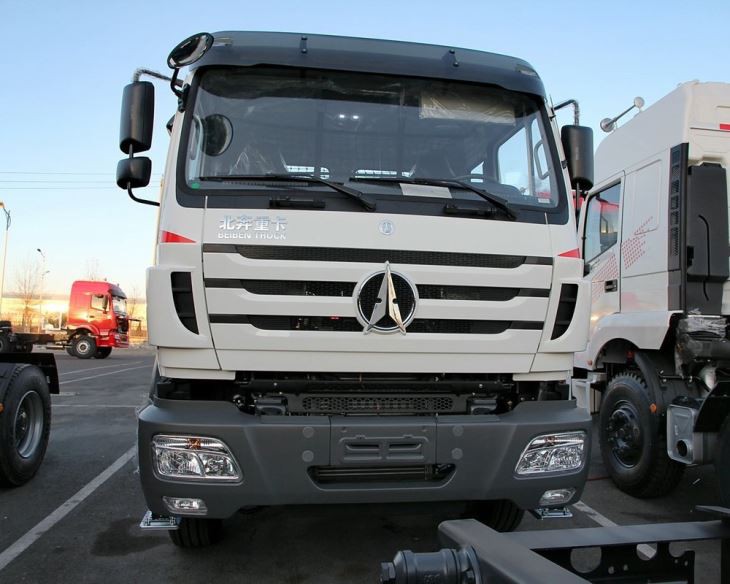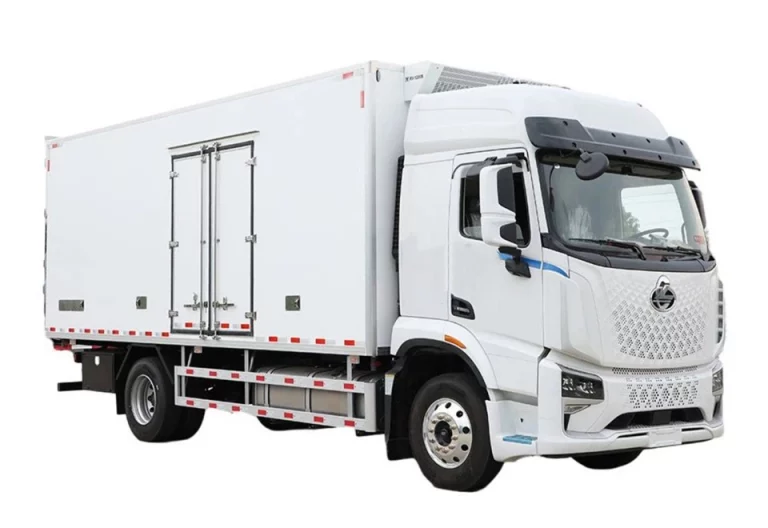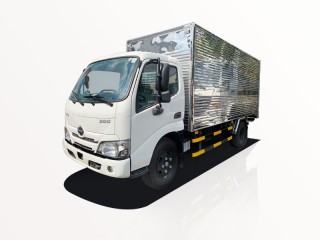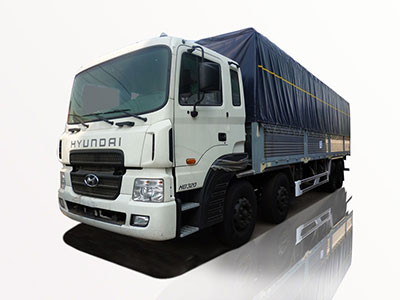Light Commercial Vehicles (LCVs) are an essential part of the transportation industry, providing businesses with the flexibility to deliver goods efficiently. This article explores LCVs, their benefits, different types, important specifications, market trends, and tips for choosing the right vehicle for your business.
What is an LCV Commercial Vehicle?
Light Commercial Vehicles, commonly abbreviated as LCVs, refer to vehicles primarily designed for the transport of goods. These vehicles typically have a gross vehicle weight (GVW) of up to 3.5 tons. Examples of LCVs include vans, pickup trucks, and other vehicles used for commercial purposes. Their smaller size makes them versatile for urban deliveries and small business operations.
Benefits of LCVs for Businesses
1. Cost-Effective Transportation
LCVs are generally more fuel-efficient than larger commercial vehicles, resulting in lower operating costs. Businesses can save significantly over time, especially when transporting goods over long distances. Additionally, lower insurance premiums and maintenance costs contribute to overall savings.
2. Versatility in Use
LCVs can be tailored for various applications, from transporting goods to being outfitted with refrigeration units for temperature-sensitive deliveries. This versatility allows businesses to adapt their vehicles based on their specific needs.
3. Urban Accessibility
The compact size of LCVs enables easier navigation through congested urban areas. They can access narrower streets and deliver goods to locations that larger vehicles may find difficult to reach, ensuring timely services to customers.
4. Eco-Friendliness
Many LCV models now feature eco-friendly designs, including electric and hybrid options. These vehicles contribute to reducing carbon emissions, aligning with the growing demand for sustainable practices in the transportation industry.
Types of LCVs
1. Vans
Vans are typically box-shaped vehicles designed for cargo transport. They offer ample space and can be customized for specific business needs such as branding or specialized shelving.
Examples of Popular Vans
| Model | Payload Capacity | Fuel Efficiency |
|---|---|---|
| Ford Transit | 1,500 kg | 24 MPG |
| Mercedes-Benz Sprinter | 1,900 kg | 26 MPG |
| Renault Trafic | 1,200 kg | 28 MPG |
2. Pickup Trucks
These vehicles combine the features of a car and a truck, featuring an open cargo area. Pickup trucks are popular for businesses that require the transport of larger goods or need to handle rough terrain.
Examples of Popular Pickup Trucks
| Model | Payload Capacity | Fuel Efficiency |
|---|---|---|
| Ford Ranger | 1,270 kg | 25 MPG |
| Toyota Hilux | 1,100 kg | 28 MPG |
| Isuzu D-MAX | 1,130 kg | 29 MPG |
3. Chassis Cabs
Chassis cabs provide a platform that can be outfitted with different body styles, such as flatbeds, vans, or even refrigerated cargo areas. This flexibility makes them ideal for various business uses.
Key Specifications of LCVs
1. Gross Vehicle Weight Rating (GVWR)
The GVWR indicates the maximum weight of the vehicle when fully loaded. Most LCVs fall within the 3.5-ton range, allowing for compliance with weight regulations while maintaining efficiency.
2. Payload Capacity
Payload capacity is essential for businesses needing to transport goods. Understanding your needs will help you select the right vehicle, ensuring that it can handle the required weight without compromising safety or performance.
3. Fuel Efficiency
Fuel efficiency is a significant factor in calculating operating costs. Look for LCV models with higher miles per gallon (MPG) ratings to maximize your budget.
4. Engine Type
LCVs come with various engine options, including diesel, petrol, electric, and hybrids. The choice of engine can impact performance, maintenance costs, and environmental considerations.
Market Trends for LCVs
1. Rise in E-commerce
The growth of e-commerce has significantly impacted the demand for LCVs. More businesses require efficient logistics solutions to deliver goods directly to consumers, thus increasing the demand for compact and adaptable delivery vehicles.
2. Electrification
As environmental regulations become stricter, more manufacturers are developing electric LCVs. This shift to electrification is driven by businesses seeking to lower their carbon footprint while benefitting from lower running costs.
3. Technological Advancements
Modern LCVs are increasingly equipped with technology such as advanced telematics, driver assist systems, and enhanced safety features. These advancements not only improve operational efficiency but also prioritize driver and pedestrian safety.
Choosing the Right LCV for Your Business
1. Assess Your Business Needs
Evaluate your typical load sizes, delivery routes, and specific applications. Understanding the demands of your business will help you select the appropriate vehicle type and specifications.
2. Consider Total Cost of Ownership
Look beyond the sticker price of the vehicle. Consider fuel, insurance, maintenance, and any applicable taxes to determine the true cost of ownership.
3. Check Manufacturer Support
Selecting a vehicle from a manufacturer with a solid service network ensures you have access to maintenance and support when necessary, minimizing downtime and ensuring smooth operations.
Practical Examples and Tips
1. Case Study: E-commerce Delivery
A local bakery expanded its delivery services using a Ford Transit van. By customizing the van with temperature control systems, they ensured the freshness of their products while considering fuel efficiency. They reported saving 20% in fuel costs within the first six months.
2. Tips for Maintenance
- Schedule regular oil changes according to the manufacturer’s recommendations.
- Inspect tires monthly for wear and proper inflation to improve fuel efficiency.
- Keep the vehicle clean, both inside and out, to maintain its resale value.
3. Financing Options for LCVs
Businesses should explore various financing options, including traditional loans, leasing, and government grants for eco-friendly vehicles. Assess which method aligns with your cash flow and growth plans.
FAQs About LCV Commercial Vehicles
1. What is the average lifespan of an LCV?
The average lifespan of a well-maintained LCV is typically between 10 to 15 years, depending on usage and care.
2. Can LCVs be used for personal purposes?
Yes, LCVs can certainly be used for personal purposes, but they are primarily designed for commercial use. However, their versatility makes them suitable for various applications.
3. What type of insurance do I need for my LCV?
Commercial vehicle insurance is required for LCVs used for business. Policies often cover liability, cargo, and comprehensive coverage to protect against damage and theft.
4. Are electric LCVs worth the investment?
Electric LCVs can offer significant savings on fuel and maintenance costs. The initial investment may be higher, but tax incentives and lower running costs can improve the overall return on investment.
5. How do I determine the right size of LCV for my business needs?
Analyze your typical cargo loads and delivery frequency. Consider whether your business requires a van, pickup, or chassis cab, to better match your operational needs.
6. What financing options are available for purchasing an LCV?
Common financing options for LCVs include traditional bank loans, leasing options, and manufacturer financing programs. Many also offer government grants or incentives for eco-friendly vehicles.



